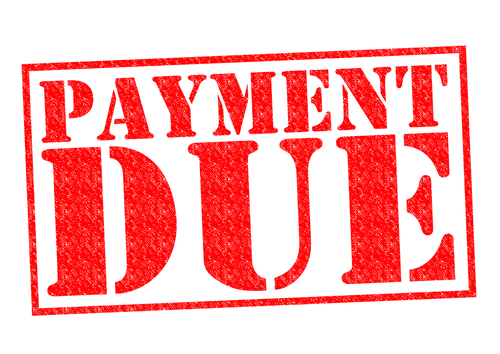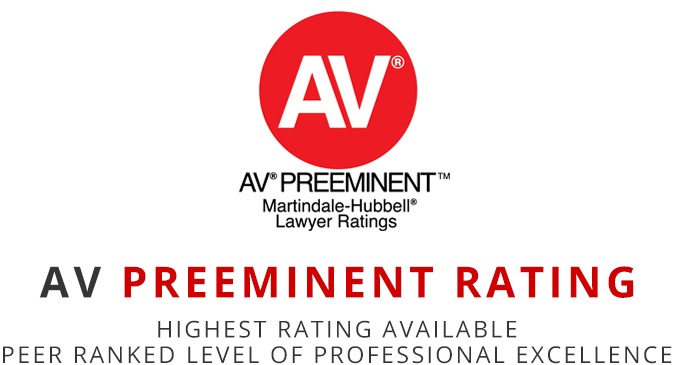HOW TO HANDLE DEBTS BY "DEADBEATS"

In my practice of law going back well over a decade, I have had a number of clients come to me with the problem of a debt owed by another party who would appear to have problems paying that debt. Adverse parties that are not insured and appear unable or unwilling to pay. Though my client's legal position may be rock solid against that adverse party, the strategy of handling the problem goes well beyond proving the case in court. What are the issues and options for handling this type of situation?
First, unless you want to bring an action against the other party solely over justice (or revenge?), you must consider the business side of the process. With some situations, I tell clients up front I cannot take a case against the other side on the usual contingency (1/3rd or 40% of the settlement or verdict). Law firms are private businesses which must turn some kind of profit or go out of business, and no law firms I am aware can take a plaintiff case on contingency if the other side is uninsured and appears not able to pay. I can take a case on an hourly fee basis, with the caveat to the client that despite winning in court we will likely not be able to attain satisfaction of the award. I have dealt with clients who go into a case with this understanding, but many times they end the process frustrated and having lost money. The bottom line is that clients should normally always consider the financial aspects of bringing suit prior to engaging counsel or filing.
One potential cost-effective option in a situation of a debt owed by an uninsured adverse party is by hiring an attorney to write a legal letter. In this option, you are paying the attorney a relatively small amount to solely write the letter. The attorney is not representing you in the matter, but can outline the legal case for the amount owed and help the other side understand the benefit in at least reaching a compromise on the amount owed. If the other party voluntarily pays at least a substantial portion of what is owed that can be considered a financial win versus the amount that might be spent in legal costs and fees to litigate the matter.
Another option is to pay for an attorney to help prepare filing documents to bring suit in magistrate court. Those filings (Summons and Complaint) would be signed by the party bringing the suit and not the attorney, though the attorney can help with advice in the process. Many times, serving the other side with a lawsuit can help bring the other side to a settlement at or near the amount owed. If not, the attorney can be retained at any point to assist in litigating the matter through trial.
The final option is to pay an attorney to file suit and litigate the case to judgment. Again, most attorneys will not take a case on contingency without the reasonable chance of the other side satisfying the award. Therefore, the arrangement will likely on an hourly fee arrangement, in which the attorney will be paid for the work done. If the other side does not pay the judgment after trial, the attorney will have to work further toward methods of making the other side pay. This could involve the paperwork toward an execution, in which a law enforcement officer could seize personal assets to be sold at auction to satisfy the judgment. Of course, this only works is the adverse party or corporation owns (verses leases) property. This method is also very time consuming and can be expensive itself. Finally, the attorney can file for hearing(s) with the Master in Equity to help with satisfying the judgment. Again, a time consuming and sometimes expensive but unfruitful process.
One way to avoid these problems is in ensuring other parties prove bonding and/or insurance coverage in the event of default or any other debt owed. The other thing to consider is in reaching a compromise amount or payment plan. This can come after a legal letter, filing, or judgment which gives good incentive to pay. Money in hand and putting this kind of case in the rear-view mirror is usually worth it.













